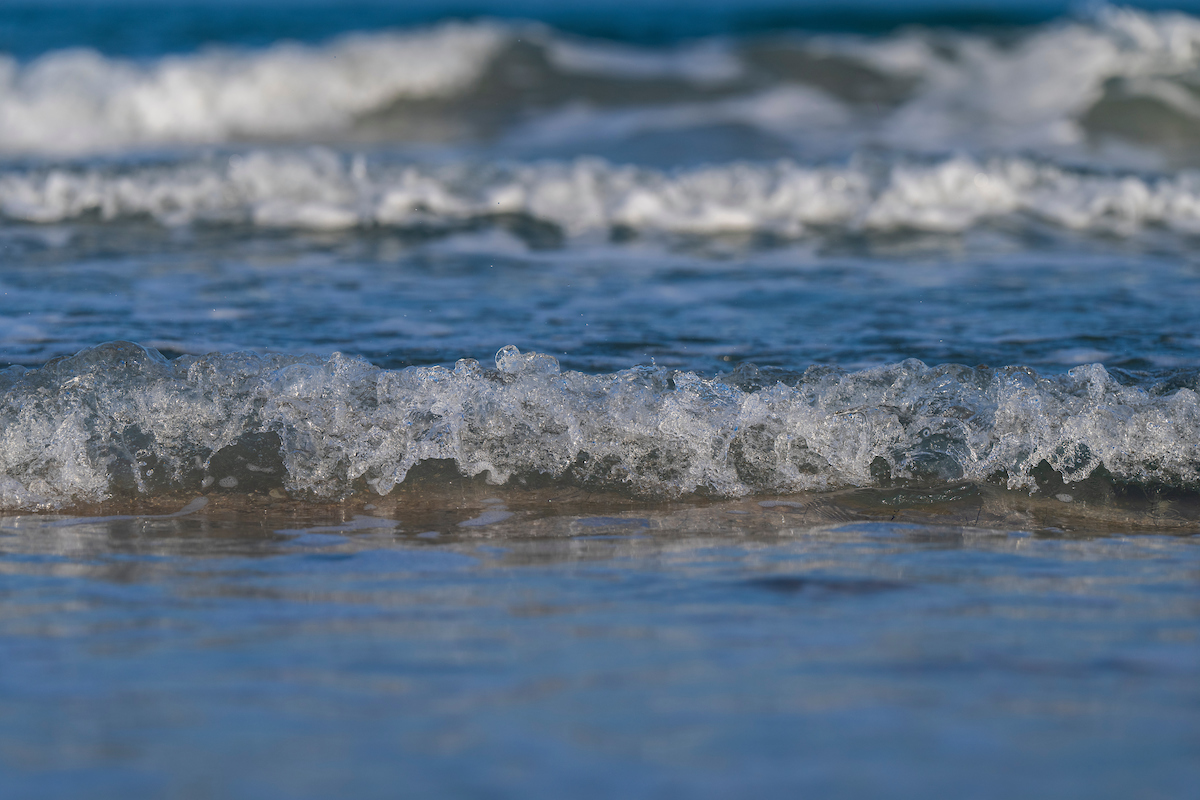A new Texas A&M Center for Marine Aquaculture in Corpus Christi will advance the science, sustainability and economic viability of marine aquaculture in Texas and across the U.S.
 The new Texas A&M Center for Marine Aquaculture will advance science, sustainability and economic viability of marine aquaculture in Texas and across the U.S. (Michael Miller/Texas A&M AgriLife)
The new Texas A&M Center for Marine Aquaculture will advance science, sustainability and economic viability of marine aquaculture in Texas and across the U.S. (Michael Miller/Texas A&M AgriLife)
The new multidisciplinary center for collaboration, based at Texas A&M University-Corpus Christi, brings together faculty and researchers from the university, Texas A&M AgriLife Research and the Texas A&M AgriLife Extension Service.
“Our mission is to position Texas as a leader in sustainable marine food production, demonstrating how aquaculture can simultaneously drive economic growth, deliver ecological benefits and prepare the next generation to uphold a thriving sector,” said Juan Landivar-Bowles, director of the Texas A&M AgriLife Research and Extension Center at Corpus Christi.
Strengthening Texas’ coastal economy
Approved in August by The Texas A&M University System Board of Regents, the center will serve as a hub for research, training and industry collaboration. It will focus on four key areas:
Breeding and genetics of aquaculture species.
Economically and environmentally sustainable production systems.
Ecosystem conservation and restoration.
Advancement of agriculture along the state’s coast.
“The center will leverage the unique potential of the Texas coastline to expand production while ensuring environmentally responsible food systems,” said Ahmed Mahdy, Ph.D., executive vice president for research and innovation at Texas A&M-Corpus Christi.
The idea for a marine aquaculture center at Corpus Christi followed legislation that paved the way for oyster production in Texas. The new center will promote growth across aquaculture industries by diversifying species and markets, supporting the commercialization of new technologies and creating long-term employment opportunities.
The future of Texas aquaculture
To prepare the next generation of aquaculture professionals, the center will offer hands-on training in fisheries, mariculture and marine biology while building industry partnerships.
In its first two years, the center will recruit top scientists and technical experts in its four key areas of focus. It will secure additional funding and develop sustainable revenue from improved seed and germplasm to support operations and research.
These efforts will aim to provide ongoing support for the new center and accelerate the adoption of new technologies and innovations by the aquaculture industry.
“By fostering innovation in marine aquaculture, the Center will create new opportunities for sustainable food production and job growth, and it will contribute to the long-term health and resilience of our coastal environments,” Landivar-Bowles said. “This dual impact is what will make our initiative truly transformative.”


